An analysis of the dependence of transport on the safety factor profile in high-performance, steady-state scenario discharges is presented. This is based on experimental scans of
q95 and qmin taken with fixed bN, toroidal field, double-null plasma shape, divertor pumping, and electron cyclotron current drive input.
Science and Technology
in the News
Science and Technology
in the News
News Center
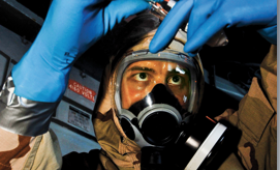
What happens when the murder weapon is a molecule? Through chemical forensics, scientists are discovering that even a chemical holds clues that can point to its source.
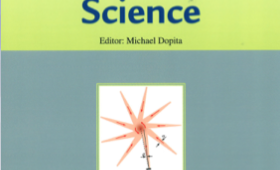
It is shown that some aspects of the accretion disc physics can be experimentally simulated with the use of an array of properly directed plasma jets created by intense laser beams.
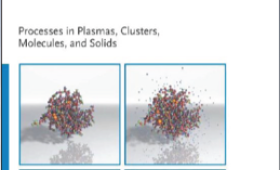
Filling the need for a book bridging the effect of matter on X-ray radiation and the interaction of x-rays with plasmas, this monograph provides comprehensive coverage of the topic.

A batteryless chemical nanosensor has been developed from either vertically (ZnO) or randomly aligned (Si) semiconductor nanowires.
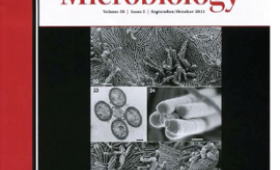
We investigated the structural aspects of symbioses, relationships with bacteria through different life‐cycle stages, and their diversity and phylogenetic relationships in Cryptocercus in the hoplonymphid genera Barbulanympha and Urinympha from Cryptocercus punctulatus using light and electron microscopy, and analysis of small subunit rRNA.
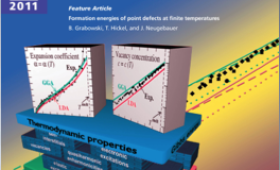
This paper presents the methods needed to compute highly accurate free energies of point defects from first principles.

Research has resolved the inconsistency in quantifying the surface potential at the liquid−vapor interface when using explicit ab initio electronic charge density and effective atomic partial charge models of liquid water.
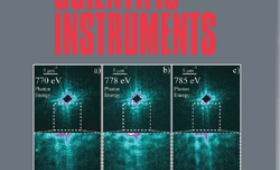
We present a compact modular apparatus with a flexible design that will be operated at the DiProI beamline of the Fermi@Elettra free electron laser (FEL) for performing static and time-resolved coherent diffraction imaging experiments, taking advantage of the full coherence and variable polarization of the short seeded FEL pulses.

The research team proposes a complementary interpretation of the mechanism responsible for the strong enhancement observed in surface enhanced raman scattering (SERS).

